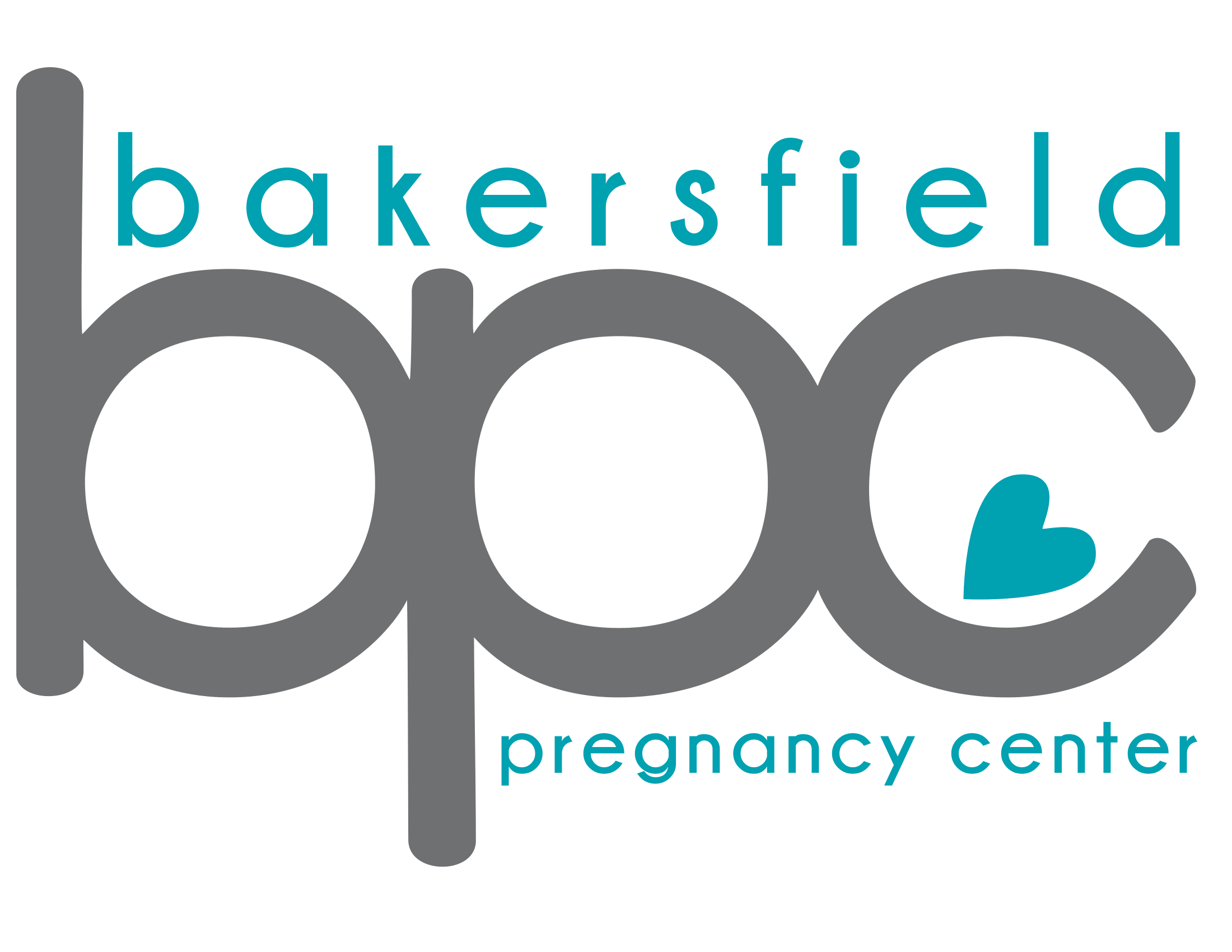Why is getting prenatal important anyways?
Before I talk about why it’s important, let’s establish what it is. Prenatal care is the medical care a pregnant woman receives for herself and her baby during her pregnancy. Usually, prenatal care is provided by an Obstetrician (OB), but it can also be provided by a Family Medicine doctor or a Midwife.
Early and regular prenatal care is the single most important factor in determining a healthy outcome for the pregnancy.
Although pregnancy is a natural thing that women’s bodies were created for, there are many things that can go wrong during pregnancy, some of which can be life-threatening to the mother and/or the baby. Early and regular prenatal care can help prevent complications and help women know how to best take care of themselves and their growing baby.
The first prenatal visit usually consists of lab work (blood and urine), a full health assessment and physical exam, and a consultation with the physician. It’s important that you write down any questions you have so that you know what to ask the doctor during the appointment. The doctor may perform or schedule a first-trimester ultrasound in order to confirm a viable, intrauterine pregnancy and to establish a due date. This first visit should be early in the first trimester, around 8-10 weeks of pregnancy.
Beginning prenatal care early in pregnancy allows the health care provider to monitor your health and the growth and health of the baby.
During the second trimester (14-28 weeks of pregnancy), the prenatal appointments will occur about once a month. The healthcare provider will monitor your weight gain, vital signs, other labs, measure the growth of the baby, and listen to the baby’s heartbeat. The comprehensive ultrasound done at about 18-20 weeks evaluates the growth and development of the baby and all the organ systems. This is also when the gender may be revealed. During the prenatal visits, the doctor will evaluate you for a number of conditions that may occur during pregnancy, such as gestational diabetes, pregnancy-induced hypertension, preeclampsia, and others. If caught early, many of these conditions can be managed to decrease the health risk to you and your baby.
During the third trimester, the visits will increase to every 2 weeks, and then beginning at 36 weeks, they will be every week until delivery. The doctor or midwife will be monitoring you and the baby to identify any possible complications before delivery.
It is important to attend all scheduled prenatal appointments to ensure the greatest chance at a healthy pregnancy and healthy delivery.
Remember to write down all your questions and bring them with you to your appointments.
At BPC, we don’t provide prenatal care, but we do provide a medical verification of pregnancy and, for those clients who meet our criteria, we can do a first trimester ultrasound to confirm a viable, intrauterine pregnancy and to establish a due date. Call us to make an appointment!

